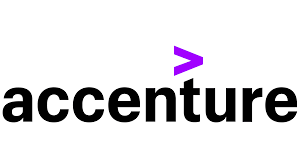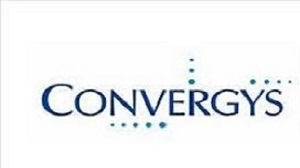
➢ An Mulesoft certified professional having around 10 years of professional experience in IT, experienced with different roles in past like Corporate Trainer, Technical Consultant, Mule Consultant.
➢ Vastly experienced in carrying out Mulesoft Training program for Corporates like Cognizant Bangalore, Tech Mahindra Bangalore, Capgemini Bangalore, SAP Systems Bangalore, Zensar Technologies Hyderabad, IQVIA Bangalore etc. and provided lot of online trainings courses on Mulesoft.
➢ 6 Years of relevant experience in building the APIs using Mulesoft and 4 Years of relevant experience in developing the cloud integrations using Dell Boomi.
➢ Good Exposure on Integration Application and API led architecture, Design Patterns and Integration patterns, cloud deployments, RAML & OAS/Swagger designing.
➢ Exposure on SOAP & REST API’s.
➢ Good exposure and working knowledge on Integration Projects integrated with Mule, Data querying, Dataweave expression language, Cloudhub deployments, maven build automation, Jenkins continuous integration and transformation.
------------------------------------------------------------------------------------------------------------------------------------------
------------------------------------------------------------------------------------------------------------------------------------------
Mulesoft is a platform that provides IT with the tools to automate everything. The Mulesoft Anytime platform offers organizations great integration solutions and helps design and develop APIs, applications, etc. Many institutes offer Mulesoft training in Bangalore, and the course covers various sections and grants the students great knowledge. KLabs IT is one of the institutes that provides the best Mulesoft training in Bangalore. They provide a great course on Mulesoft that covers many areas. During the course, the students are introduced to application networks and API-Led connectivity, where they learn about application networks and their benefits, web services and APIs etc. The students also learn to build an application network using API-Led connectivity etc. They are also introduced to the Anypoint platform, where they learn about different topics, such as building basic integrations to connect systems using flow designer, Locating APIs and other assets needed to build integrations and APIs in Anypoint Exchange etc. Other introductions are given about topics like structuring mule applications, accessing and modifying mule messages, deploying and managing APIs etc. the course covers major aspects of Mulesoft, and they are provided with training in both online and offline classes.
Many institutions in Bangalore offer training in Mulesoft. One such institute is KLabs IT. This institute has the facility of a demo class, where a student can register themselves to get it. Before joining the institute, a student needs to see the course pattern and whether they can cope. So a free demo class facility is provided by the institute. The trainers who provide the course lessons are certified professionals with around 10 years of experience. They also have massive experience in carrying out Mulesoft training programs for corporates. The students get training from skilled trainers and gain vast knowledge from the course.
The demand for Mulesoft professionals is high in the market and continuously increasing. Mulesoft offers a great career path for software developers and architects looking to uplevel their skills and release their full potential. There are numerous job roles, such as Mulesoft developer, architect, DevOps engineer etc. The Mulesoft developers get an annual salary range between 4.2 lacks to 11 lacks in Bangalore.
The institute that provides the Mulesoft course in Bangalore also offers placement to its candidates. The students acquire huge knowledge from the trainers during the course. They are provided daily practice for four hours, perform live assignments and projects during the course, and learn about the application of the training in the real world. Moreover, the students are also trained for interviews, and they prepare resumes for the same. The candidates are trained well during the course and then sent for interviews. This helps the student to crack the interview and get placed in good companies.
After the course is completed, the candidates are provided with certification, which is very valuable for the students who undertake the course. The certificates help the candidates to get jobs in Bangalore very easily. So it is essential to take training from reputed institutes that provide certification at the end of the course.
KLabs IT is the best software training institute in Bangalore. We provide trending software courses like Data Science, RPA, Mulesoft Talend, and more. Register for FREE Classes on our site for more information.
Speak to our trainer regarding Enquiry, Career, Domain change, and any other questions.
We are happy to help you !!! Contact us











